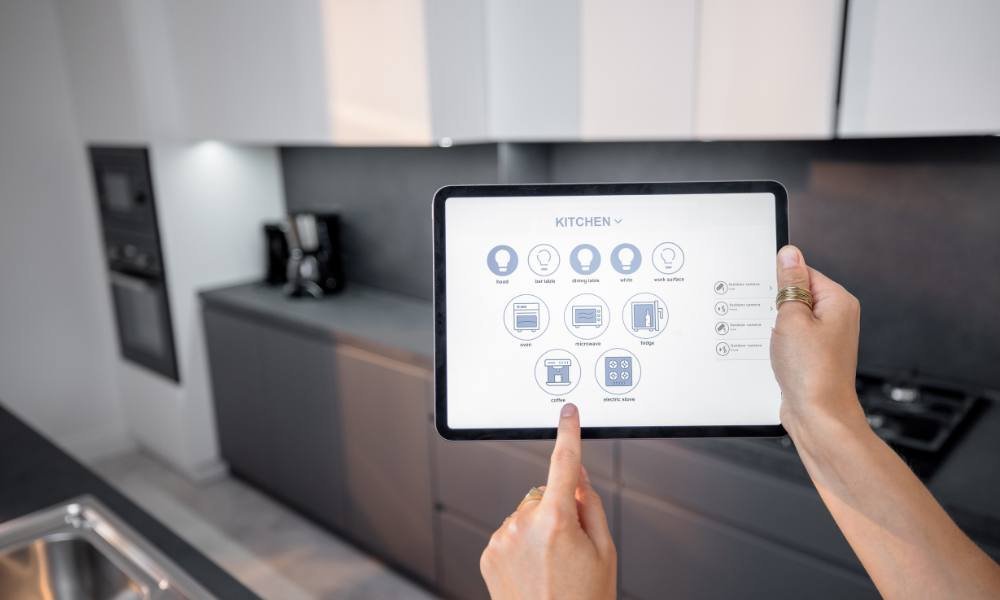Estimated reading time: 5 minutes
When to Call IT Support for Home Tech Problems
We’ve all been there. One moment you’re enjoying a seamless digital experience, and the next, your internet drops, your computer freezes, or your smart home system decides to act not-so-smart. Before you dive headfirst into troubleshooting, it’s worth asking: Is it time to call IT support? As someone who’s spent years helping people untangle their tech messes, I know when it’s best to DIY and when to bring in the pros. Let me guide you.
What You’ll Learn:
- Quick troubleshooting steps you should try first.
- Common scenarios where professional IT help is a must.
- How to save time and stress by knowing when to make the call.
- Preventive tips to minimize future tech problems.
First Things First: The Two Golden Rules of Tech Troubleshooting
Before you call IT support, always check these two things (and yes, they’re practically memes at this point):
- Restart your device. It’s shocking how often this works.
- Check the power and connections. Is it plugged in? Is the Wi-Fi turned on?
I know—it sounds basic, but you’d be amazed how many calls I’ve handled where these steps solved the problem. Once you’ve ruled these out, it’s time to dig deeper.
When to Call IT Support
Here are some clear-cut scenarios where calling IT support isn’t just helpful—it’s essential:
You’ve Been Hacked
Whether it’s a ransomware message, a hijacked website, or your computer behaving oddly, hacking incidents are emergencies. Every minute cybercriminals have access increases the potential damage. IT professionals can:
- Clean infected devices.
- Recover lost data (sometimes).
- Implement robust security measures to prevent future breaches.
Pro Tip: Don’t wait. The faster you act, the better your chances of minimizing damage.

Your Computer Is Crawling
A slow computer is more than just annoying—it’s often a sign of underlying issues. Possible culprits include:
- Outdated software or drivers.
- A cluttered cache or misconfigured settings.
- Malware or sketchy “clean-up” tools you downloaded in desperation.
An IT expert can diagnose the root cause and often deliver immediate improvements. Plus, they’ll ensure your system is updated and optimized for better long-term performance.
Your Internet Keeps Dropping
Is there anything more frustrating than a buffering wheel during a deadline or movie night? Frequent internet outages might be caused by:
- Faulty hardware (modem, router, cables).
- Interference with your Wi-Fi signal.
- ISP issues or settings that need fine-tuning.
Instead of wasting hours running speed tests, let IT support identify and fix the problem efficiently. They’ll also advise you on hardware upgrades if needed.

Your Smart Home Is Acting Dumb
From unresponsive smart lights to a malfunctioning security system, smart home tech can be a blessing or a curse. When devices don’t integrate properly, it’s time for professional help. IT support can:
- Diagnose connectivity or compatibility issues.
- Update firmware and optimize device settings.
- Ensure your smart home runs seamlessly.
You’re Losing Data
If files go missing or your backups fail, don’t panic (yet). An IT professional can:
- Attempt data recovery.
- Set up reliable backup systems.
- Offer advice on cloud storage options.
DIY vs. Professional Help
It’s tempting to Google a solution and tinker away. But here’s the truth: Your time is valuable. Spending hours troubleshooting might cost you more in frustration than simply calling an expert. Here’s a quick guide to decide:
| Try DIY If… | Call IT Support If… |
| It’s a one-time glitch or minor issue. | The issue is recurring or affecting multiple devices. |
| You know exactly what caused the problem. | You suspect malware or security breaches. |
| Restarting or reconnecting fixes the issue. | Your efforts have made the problem worse. |
Questions to Ask Before You Call
To make the most of your IT support experience, have this information handy:
- Is the issue affecting one device or multiple?
- When did the problem start, and what were you doing at the time?
- What troubleshooting steps have you already tried?
Providing these details upfront can save time and lead to a quicker resolution.
Preventive Tips to Keep Tech Troubles at Bay
While some issues are unavoidable, good tech habits can reduce the frequency of problems:
- Keep devices updated. Software and firmware updates often fix bugs and improve security.
- Invest in quality antivirus software. It’s worth every penny.
- Back up your data. Use cloud storage or an external drive.
- Declutter regularly. Delete unused apps and files to keep your devices running smoothly.
The Bottom Line
Knowing when to call IT support can save you time, money, and a whole lot of stress. By tackling simple fixes yourself and leaving the complex stuff to the pros, you’ll keep your tech running like a well-oiled machine—and maybe even get back to enjoying that interrupted movie.
If your tech troubles are too much to handle alone, don’t hesitate to call an expert. Sometimes, the best fix is knowing when to ask for help.



